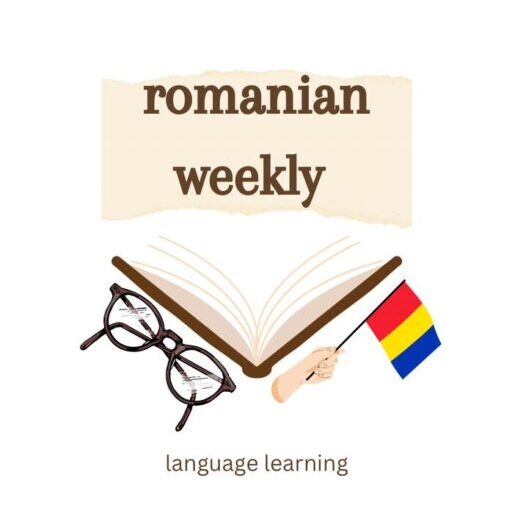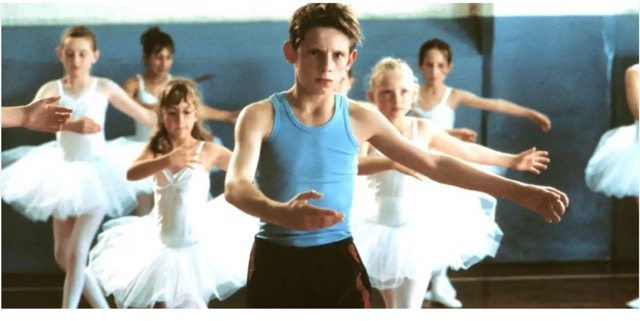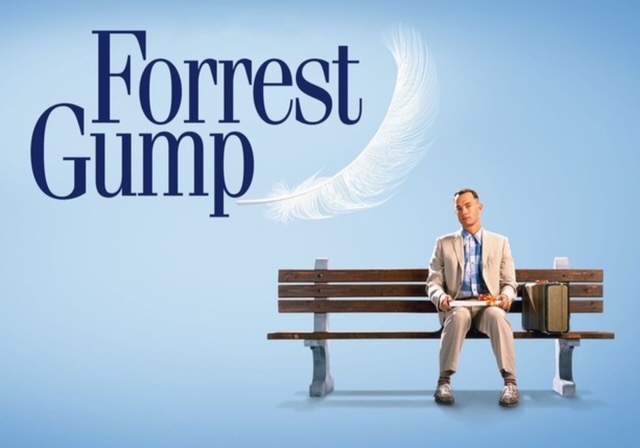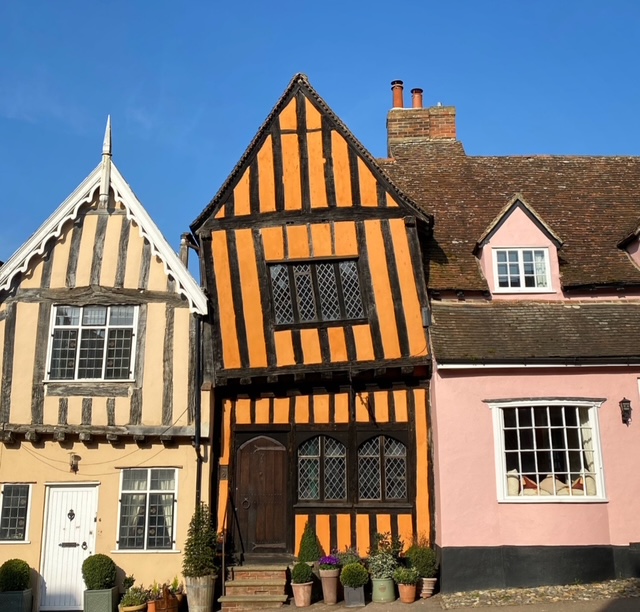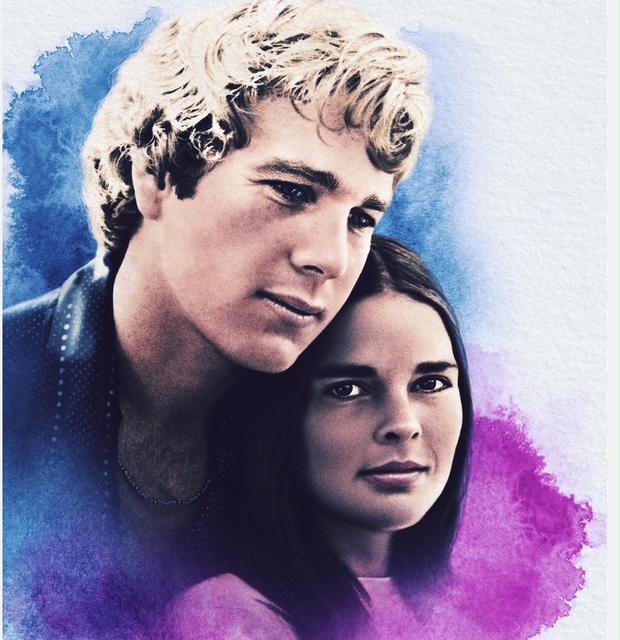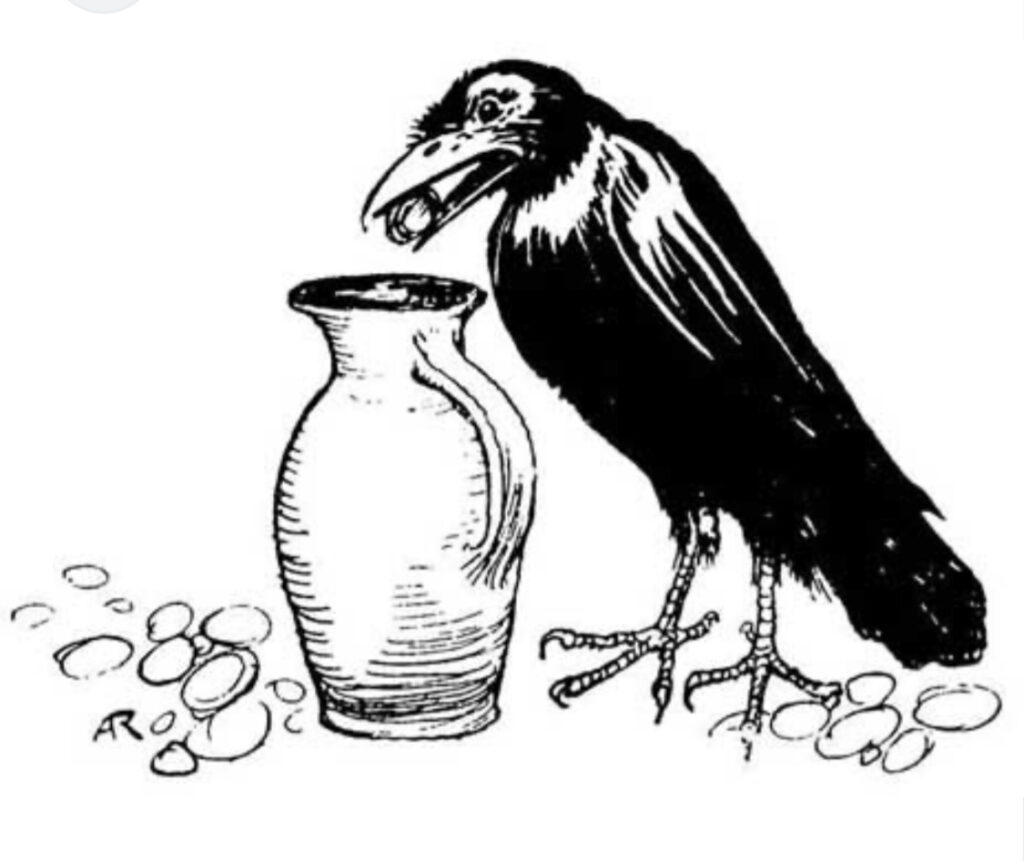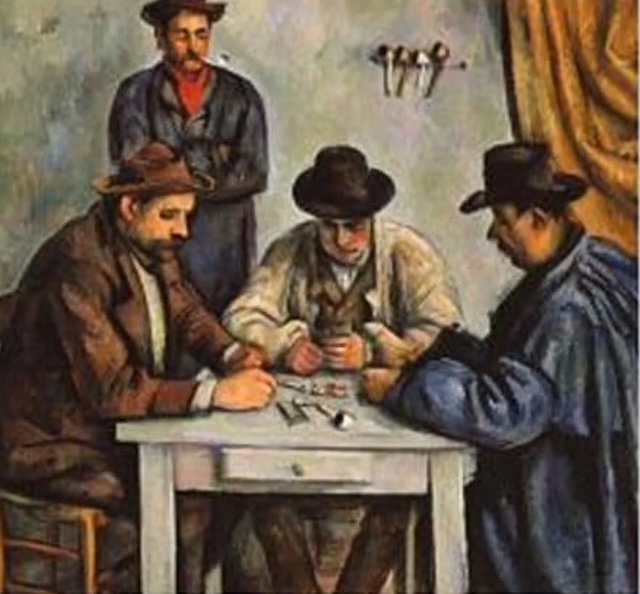
de Edith Nesbit
Copiii de pe calea ferată este o poveste emoționantă despre trei frați – Roberta (Bobbie), Peter și Phyllis – care trebuie să se mute la țară cu mama lor, după ce tatăl lor este arestat pe nedrept.
La început, familia locuiește într-o casă frumoasă la oraș și duce o viață liniștită. Dar într-o zi, tatăl dispare și mama le spune că trebuie să se mute. Ei ajung într-o casă simplă, lângă o cale ferată. Copiii nu înțeleg ce s-a întâmplat, dar încep să se adapteze.
În satul nou, copiii devin prieteni cu muncitorii de pe calea ferată și cu alți oameni din zonă. Ei sunt curajoși și buni: salvează un tren de la un accident, ajută un băiat rănit, și trimit o scrisoare regelui ca să ceară ajutor pentru tatăl lor.
La final, tatăl este eliberat, pentru că se dovedește că este nevinovat. Familia se reunește, iar copiii sunt fericiți că au învățat puterea curajului, a speranței și a bunătății.
✍️ Exercițiul 1: Adevărat sau fals?
- Cei trei copii se mută la țară după ce tatăl este arestat.
- Ei trăiesc într-un castel lângă mare.
- Copiii salvează un tren de la un accident.
- Tatăl lor este vinovat și rămâne în închisoare.
- Familia se reunește la finalul poveștii.
✏️ Exercițiul 2: Completează spațiile
Folosește cuvintele: tren, sat, curajoși, tatăl, nevinovat
- Copiii se mută într-un __________ după dispariția tatălui.
- Ei devin prieteni cu muncitorii de la __________.
- Peter, Bobbie și Phyllis sunt __________ și ajută oameni.
- Se dovedește că __________ este __________.
❓ Exercițiul 3: Întrebări de înțelegere
- De ce se mută copiii și mama la țară?
- Ce fapte bune fac copiii în sat?
- Cum reușesc să ajute la eliberarea tatălui?
- Ce învață copiii din această experiență?
- Îți place ideea de a trăi lângă o cale ferată? De ce?
